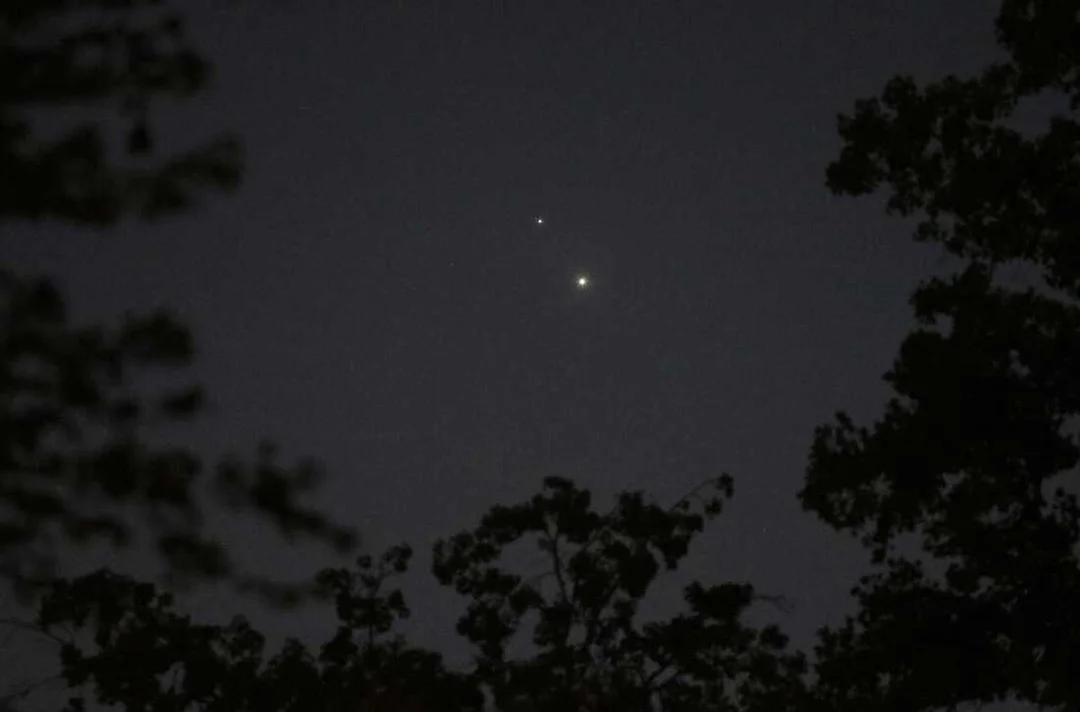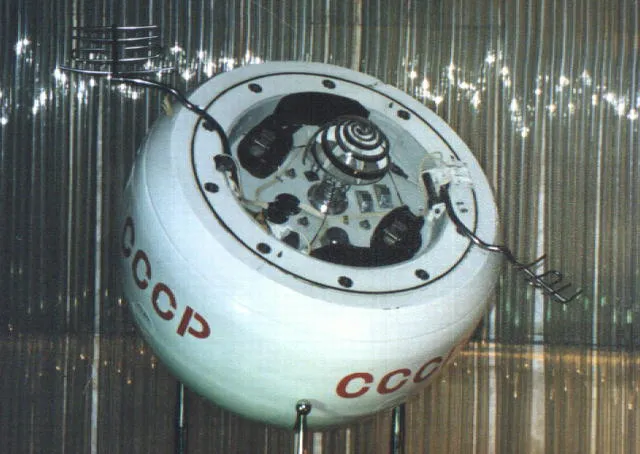
Runaway Russian Spacecraft Kosmos 482 Likely Crashed Back to Earth After 53 Years: A Cold War Relic Returns
A relic of the Cold War space race has likely met its fiery end. The Kosmos 482 spacecraft, a Soviet-era Venus lander probe that malfunctioned during launch in 1972, is believed to have plummeted back to Earth after spending 53 years adrift in orbit. This event serves as a stark reminder of the ambitious, and sometimes hazardous, endeavors of the past as nations pushed the boundaries of space exploration.
The European Space Agency (ESA) reported that Kosmos 482 was last detected by radar over Germany. Its absence from subsequent radar sweeps strongly suggests that the spacecraft re-entered Earth's atmosphere. As of Saturday morning, the US Space Command was still analyzing data to confirm the spacecraft's demise. The exact location and time of impact remain uncertain.

Originally intended for a soft landing on Venus as part of the USSR's Venera program, a technical glitch during launch left Kosmos 482 stranded in Earth's orbit. For over half a century, the spacecraft has been slowly spiraling back towards our planet, a silent testament to a mission cut short.
Experts speculated that the robust design of Kosmos 482, built to withstand the extreme atmospheric conditions of Venus, could have allowed it to survive its re-entry through Earth's atmosphere. While there have been no reports of injuries or damage, the event sparked discussion about the potential hazards of space debris.
According to Roscosmos, the Russian state corporation that runs the space program, after entering the dense layers of the planet’s atmosphere at 9:24 a.m. Moscow time on Saturday, the design of Kosmos-482 may have remained intact during its plunge. It splashed down in the Indian Ocean west of Jakarta, Indonesia.

Jonathan McDowell, an astrophysicist at the Harvard & Smithsonian Center for Astrophysics, described the event as a "bittersweet moment," recalling a time when space exploration was driven by intense competition and ambitious dreams. Asif Siddiqi, a historian at Fordham University, echoed this sentiment, noting that Kosmos 482 serves as a tangible link to the Soviet Union's pioneering Venus missions.
Despite the potential risks associated with falling space debris, the European Space Agency (ESA), has stated that risks continue to remain extremely remote. The risk of any satellite reentry causing injury is extremely remote. In comparison, a person is about 65,000 times more likely to be struck by lightning.”
In a bizarre twist from the initial launch, pieces of Kosmos 482 already made landfall in 1972. After the original failed launch, the town of Ashburton, New Zealand, was visited by several 30-pound titanium spheres, each the size of a beach ball and marked with Cyrillic lettering.
While the return of Kosmos 482 marks the end of its decades-long journey, it also highlights the growing problem of space junk. With increasing satellite launches and space activities, the need for effective space debris management is becoming ever more critical.
The re-entry of Kosmos 482, while unique for historical reasons, serves as a reminder of the vast amount of hardware orbiting Earth. As nations push deeper into space, what measures should be implemented to handle the increasing volume of space debris? Share your thoughts in the comments below!
Related issues news
Did Kosmos 482 crash yet?
A Soviet spacecraft that's been stuck in low Earth orbit ever since it launched in 1972 has finally crashed back down to our planet. Kosmos 482 rocketed into space more than 50 years ago on a quest to reach Venus, but its journey was scuttled by an apparent engine malfunction.
Where is the Soviet spacecraft?
The probe entered the dense layers of the atmosphere around 9:24 a.m. Moscow time (2:24 a.m. ET) Saturday, splashing down in the Indian Ocean west of Jakarta, Indonesia, according to the Russian space agency, Roscosmos.
Did Kosmos 482 land?
collectSPACE. — A capsule that was sent into space to land on a planet has finally done so — only on the wrong world and 53 years late. The Kosmos 482 uncrewed spacecraft, which the former Soviet Union intended to touch down on Venus, instead returned to Earth on Saturday (May 10).
Did the Venus probe crash?
Russian space agency Roscosmos on Saturday said a Soviet space probe that took off in March 1972 to explore the planet Venus crashed into the Indian Ocean. Planetary lander Kosmos 482 never made it to Earth's sister planet because it was dragged off course after a malfunction in its launch vehicle's upper stage.